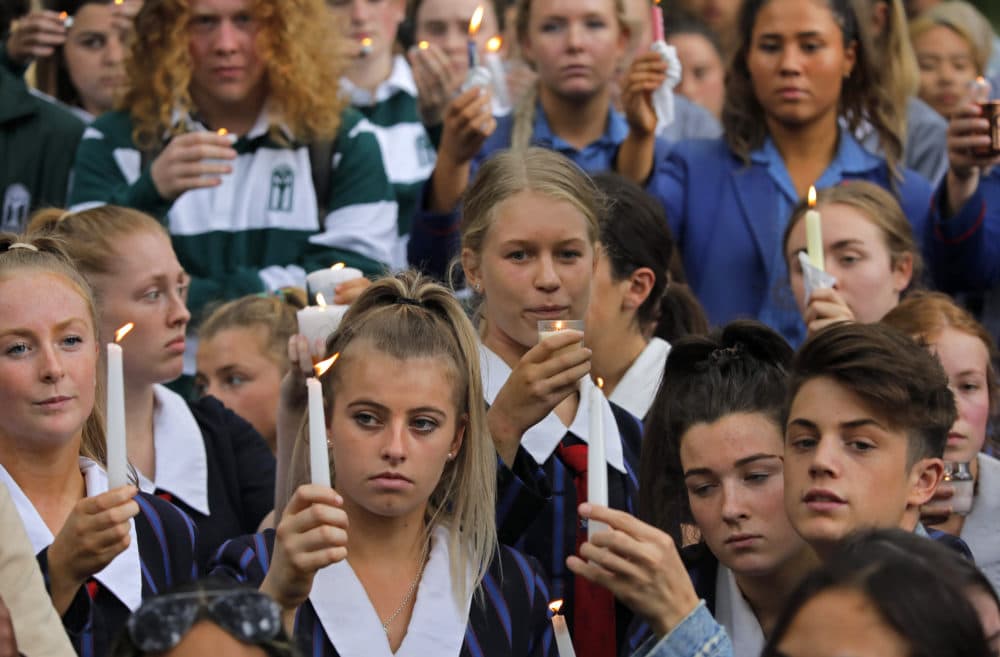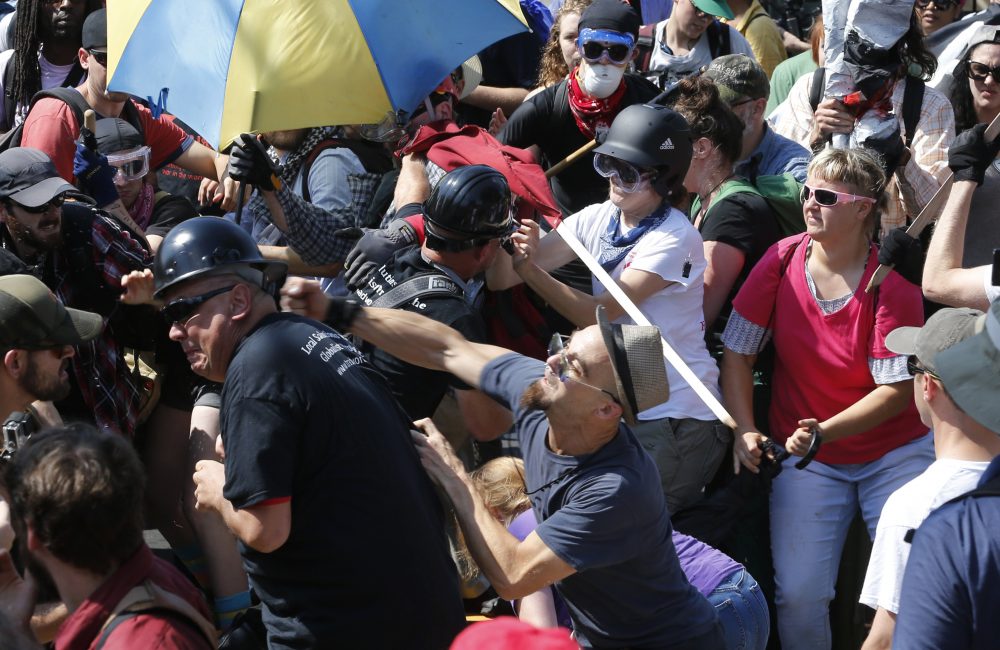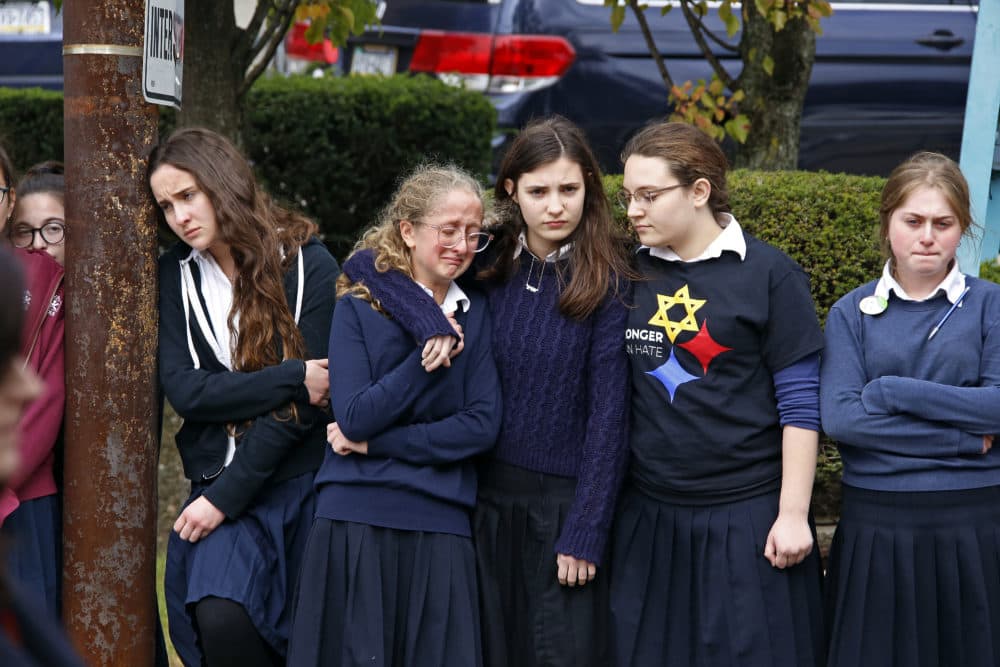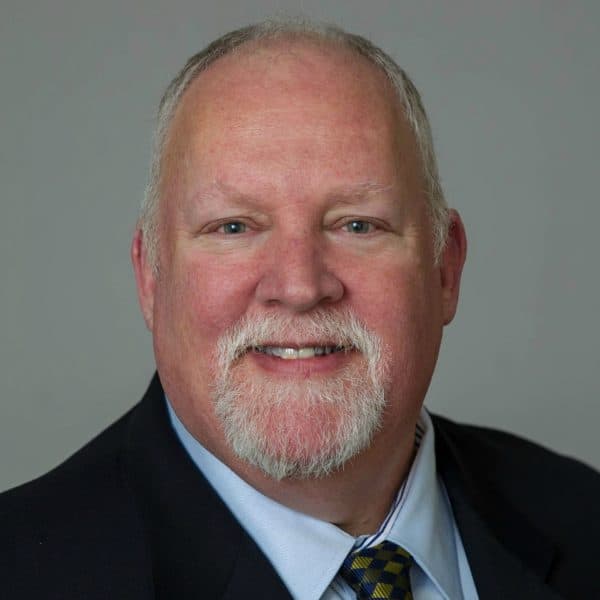Advertisement
Commentary
Teaching Our Children To Fight 'Baseless Hatreds'

I was born in 1957, in Minneapolis, a city that at the time had the reputation as a hotbed of anti-Semitism. My father, Irving Mayer Brooks, and mother, Beverly Ann Brooks, probably hoped that I wouldn’t have to read open advertisements for rental houses in the Minneapolis Morning Tribune that said “Gentiles Only.”
To shield me from the anti-Semitic contempt and hatred so prevalent during my parents’ generation — and now — they gave me a name so that I could pass, unsuspected of being Jewish: Roger Lowell Brooks. Even having earned a Ph.D. in Jewish studies, you can't imagine how many times I’ve been asked, “You’re Jewish?”
I’ve been in many rooms when an anti-Semitic joke has been told; I’ve heard anti-Semitic stereotypes tossed about as easily as a good morning greeting. And while at times I’ve shouldered the burden of confronting those slurs, sometimes I’ve just blushed, feeling powerless to do or say anything.
I’m alarmed by the ferocity — and persistence — of anti-Semitic sentiments roiling today, whether the chants of “Jews will not replace us!” at the Unite the Right rally in Charlottesville in 2017, or the murders at the Tree Of Life Synagogue in Pittsburgh last year. The trend is not good: the Anti-Defamation League has noted a rise in anti-Semitic incidents in the United States over the last three years.

But this resurgent anti-Semitism is in company with other persistent and growing baseless hatreds, including anti-immigration policies, racial bigotry and religious intolerance. All of these draw from a single playbook for how to see and treat people one deems unworthy as the “other.” First is a stereotypical assumption of homogeneity: for instance, the Jewish community is monolithic, which would mean that all Jews hew to the same opinions on critical issues. Second is a pernicious double standard: for instance, discrepancies in U.S. criminal justice sentencing patterns that systematically disadvantage African-American men. And third is a destructive belief that the actions of any one individual represent the whole community: for instance, a terrorist act committed by one Muslim would mean that all Muslims are likely terrorists.
The carnage resulting from the murders at the mosques in New Zealand is the most recent — and a most horrifying — expression of this hatred, an Islamophobia so intense as to render Muslim lives and places of worship meaningless to the shooter. The same type of hatred marked the Tree of Life synagogue murders, and the 2015 murders at the Charleston Emanuel African Methodist Episcopal Church.
My parents tried to inoculate me from the sickness of anti-Semitism, but the cure for hate is elusive.
Baseless hatreds are complex: for instance, anti-Semitism is stoked by long histories of religious animosity, the depiction of Jews as “Christkillers,” and accusations of a twisted nationalism that believes Jews’ loyalties — no matter where they live in the diaspora — lie exclusively with the modern state of Israel. The dual-loyalty charge recently leveled by Rep. Ilhan Omar is a particularly disturbing example of this trope. In a country already deeply divided down partisan lines, the injection of this strain of anti-Semitism recklessly widens a schism that so many are working to close, and that seems to tap into a feedback loop of hate that inevitably and repeatedly circles between the Muslim and Jewish communities.
As an educator for over 30 years, and now the leader of an organization that equips teachers to help students confront these issues, it is painful and enraging to realize that the tropes and symbols of extremism are emerging from the darkest corners of the internet and into our modern democracy. In New York City last week an anti-Semitic slur and swastika defamed a poster of Ruth Bader Ginsburg. Last month, an unidentified individual threw rocks and broke windows at an Islamic center in Dayton, Ohio, and then aimed a gun at security cameras.
Sadly, I know that schools are not immune from this toxicity; in fact, they are a microcosm of our larger community: over the course of a few months in locales surrounding my home city of Boston, there have been swastikas in school hallways; notes in a student’s storage bins referring to the Muslim student as a terrorist; and blackface images sent electronically to African-American high school band students. There are too many similar situations to list, across the country and world.

Combatting baseless hatred — whether anti-Semitism or Islamophobia or racist ideology — will never be a simple matter, for as written in Ecclesiastes 4:12, “... a three-ply cord is not easily broken.”
But we do have an opportunity to make sure our schools prepare the next generation, by adopting curricula that confront the historical legacies that lead to anti-Semitism and other bigotries. That way, perhaps the next time students overhear a joke with racist, Islamophobic or anti-Semitic overtones, they will commit to not being just passive bystanders. Perhaps the next time students see someone being bullied for their religious beliefs — or their race, sexual orientation or national origin — they will commit themselves to not just walking by.
My parents tried to inoculate me from the sickness of anti-Semitism, but the cure for hate is elusive. Throughout history, young people have often led the stand against injustices in their communities. Perhaps now, too, their learning and actions can catalyze our own collective determination. Let’s loosen the three-fold strands of baseless hatred that choke the possibilities of a world, so that parents don’t have to think twice about what name to give their children.
